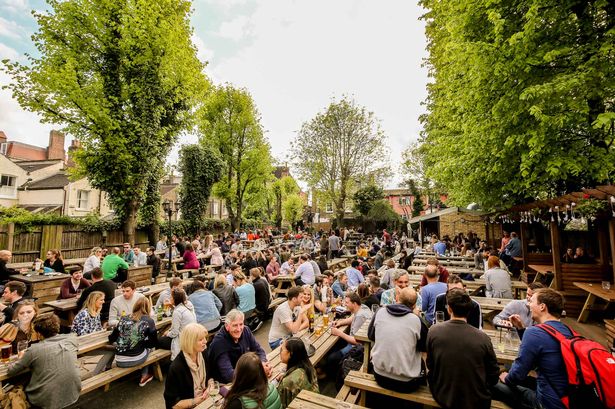Managing post-lockdown social anxiety


Lockdown restrictions imposed to slow the spread of Covid-19 are being gradually eased across the UK and all of us are preparing for things to start returning to normal – or at least something approximating the life we once knew. But for many of us, the thought of going back into social situations will be causing anxiety.
A phobia of social situations is common among teenagers and adults in the UK and many people struggled with what is known as social anxiety disorder even before restrictions were imposed.
Symptoms, according to the NHS UK website, include worrying about meeting strangers, speaking on the phone or starting conversations. For some, social situations can induce blushing, sweating, a feeling of physical sickness or a pounding heartbeat.
Lockdown did not affect all sufferers of social anxiety in the same way. For some, it allowed them to shelter from such fears. For others, being in lockdown meant that when they were forced to go out, the symptoms intensified. A Kings College study published in September 2020 found that 57% of people reported symptoms of anxiety during the first lockdown and that 27% reported symptoms that constitute moderate to severe anxiety.
Now that things are opening up, many are dealing with what is being referred to as ‘re-entry anxiety’, the fear of going back into social situations for the first time in months or in some cases over a year.
To some degree, all of us will now have to re-learn how behave among big groups of friends, acquaintances or strangers. And with the ‘return to normal’, some people may be experiencing symptoms of social phobia or feelings of dread for the first time.
So, how can we deal with these issues? It is a difficult question and, as with any mental health issue, the best thing to do if your life is being severely affected by social anxiety is to book an appointment to speak to your GP. It may not be easy to open up, but GPs are trained and equipped with the skills to help or to refer to someone who can.
There are other methods that specialists recommend, however. One, suggested by the NHS, is to gain a deeper understanding of our own anxiety by contemplating recent situations that made us feel uncomfortable.
The six things the NHS advise people to think about are: the long-held beliefs that contribute to anxiety; the negative thoughts prior to a social situation; physical symptoms; the negative picture one paints in one’s mind; safety behaviours (such as avoiding eye contact) one engages in to reduce symptoms; negative thoughts after a social event.
If we understand the causes and symptoms, then dealing with anxiety may become easier over time. We can even develop conscious strategies to help us out in the long-term.
We can replace our negative thoughts with more positive, self-compassionate ones; we can attempt to analyse situations more objectively, instead of thinking about the worst-case scenario; we can shift the focus by paying full attention to the people we are with, rather than concentrating on ourselves; we can start small and build up to bigger social events like we might train for a marathon by starting with shorter runs.
Other small changes that may help can be included in our daily routines. A short walk in the morning or evening may alleviate tension, breathing exercises may help us to control our symptoms in social situations, or taking time each day for some self-care, meditation yoga or physical exercise can improve our sense of wellbeing.
For people who are really struggling with social anxiety, or whose symptoms persist for a long time after lockdown has ended, however, the best thing to do is to see a specialist. As mentioned, a GP will be able to refer you to a mental health specialist, or you can self-refer for NHS psychological therapies, or (in England) call an NHS urgent mental health helpline.